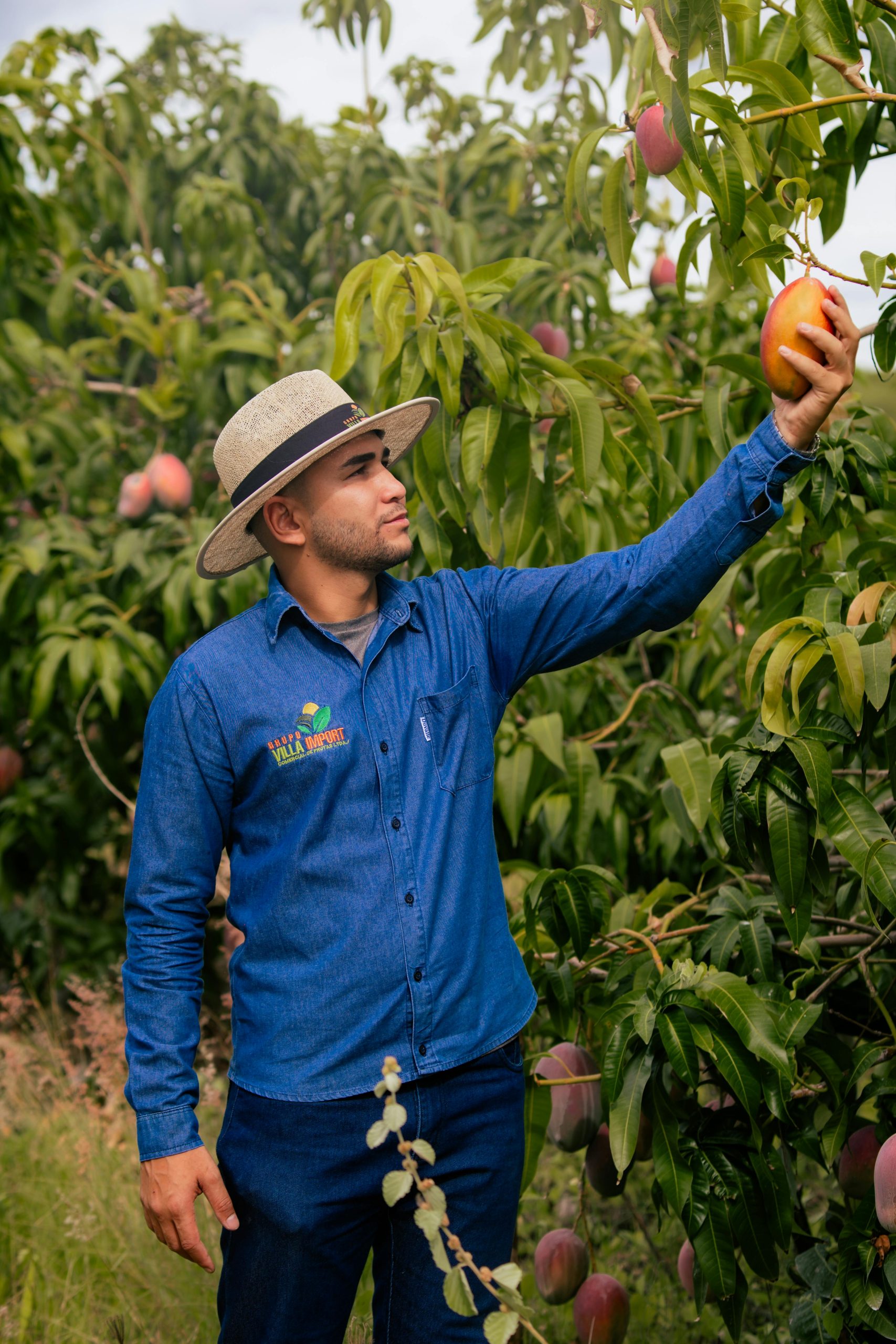
The global coffee market is in turmoil. Prices have soared to levels not seen in nearly 50 years, supply chains are under strain, and climate change is rewriting the future of coffee farming. Uganda, which is Africa’s second-largest coffee exporter, is home to both Arabica and Robusta coffee. The shocks of the 2024/25 season are not just headlines from Brazil and Vietnam. They are signals that directly affect farmers, traders, and exporters across the country, resulting in a global coffee crisis.
Coffee Prices at Record Highs.
In February 2025, Arabica futures reached $4.00 per kilo, the highest since 1977, while Robusta hit $5,840 per ton, a 29-year record. Many industry analysts, like Maja Wallengren https://x.com/SpillingTheBean, have warned of “empty warehouses” in Brazil and a drought-hit crop in Vietnam. Brazil, the world’s largest producer, experienced its worst drought in 70 years, followed by recent frosts and even wildfires. Arabica trees were heavily impacted, resulting in a decrease in total harvests.
These Countries together produce over half of the world’s coffee. With global stocks falling to just 20–21 million bags (the lowest in two decades), prices could climb even higher, potentially reaching $6 per kilo if shortages persist.
For Uganda’s coffee sector, these global shifts mean both risk and opportunity:
- Export earnings could increase due to high prices. In 2024, Uganda exported around 6.1 million bags, and a dollar increase per kilogram could result in millions of dollars in extra revenue.
- Farmers face rising costs of inputs, logistics, and processing, which may cancel out some of the gains.
- Roasters and exporters struggle as contracts become harder to fulfill amid unpredictable supplies.
Climate Change: Uganda Is Not Immune.
Brazil is battling its worst drought in 70 years, while Vietnam has lost nearly 20% of its harvest to drought and floods. But Uganda, too, is vulnerable: erratic rainfall, rising temperatures, and coffee wilt disease have already reduced yields in many regions. Scientists warn that up to 50% of the world’s current coffee-growing land could become unsuitable by 2050 if climate change continues unchecked.
For Uganda’s smallholder farmers, who produce over 80% of the country’s coffee. This crisis is a wake-up call. Adapting with shade-grown coffee, drought-resistant varieties, and better soil management will be crucial to surviving the coming years.
Supply Chain Strains
Global logistics are another headache. Brazil’s reserves are 26% lower year-on-year, U.S. warehouses are half-empty, and shipping delays have worsened. For Ugandan exporters, this means:
- Higher freight costs to key markets in Europe, the Middle East, and Asia.
- Longer delivery times are making it harder to compete with larger producers.
- Pressure from buyers, who are demanding reliable, traceable, and sustainable coffee.
Meanwhile, new trade rules like the EU Deforestation Regulation (EUDR) take effect in 2025. These will force Ugandan exporters to prove that their coffee is deforestation-free. This could increase compliance costs but also offer a premium market for farmers who adapt early.
Demand Remains Strong
Despite facing supply challenges, global demand for coffee continues to rise. Over the past decade, coffee consumption in China has increased by 150%, while demand in the U.S. and European Union remains stable. The International Coffee Organization projects that global demand will reach 168.1 million bags by 2025, an increase of 5.1 million bags compared to last year.
For Ugandan farmers, this is encouraging. Global roasters are desperately looking for reliable supply sources, and Uganda, with its strong Robusta tradition and expanding Arabica sector, is well-positioned to fill part of the gap.
What This Means for Uganda’s Coffee Sector.
- Farmers: The price boom is an opportunity. Those who can increase yields through good agronomic practices, irrigation, and post-harvest handling will benefit most.
- Exporters & Traders: Must prepare for tighter compliance rules, rising freight costs, and greater scrutiny from international buyers.
- Policymakers: Need to invest in climate-smart agriculture, research into resistant varieties, and infrastructure (roads, storage, irrigation).
- Cooperatives & Unions: Should support farmers with training and access to finance so they can meet export standards.
Conclusion: Crisis or Turning Point?.
The global coffee crisis of 2024/25 is not just about Brazil’s drought or Vietnam’s floods. It’s about the future of coffee everywhere, including Uganda. With prices soaring and demand resilient, this could be a golden moment for Uganda’s farmers to shine. But without investment in climate resilience, better logistics, and sustainable practices, the opportunity could slip away.
As Wallengren noted, the coffee industry is at a crossroads. For Uganda, the question is clear: Will farmers and the supply chain seize the opportunity, or be swept away by the storm?


